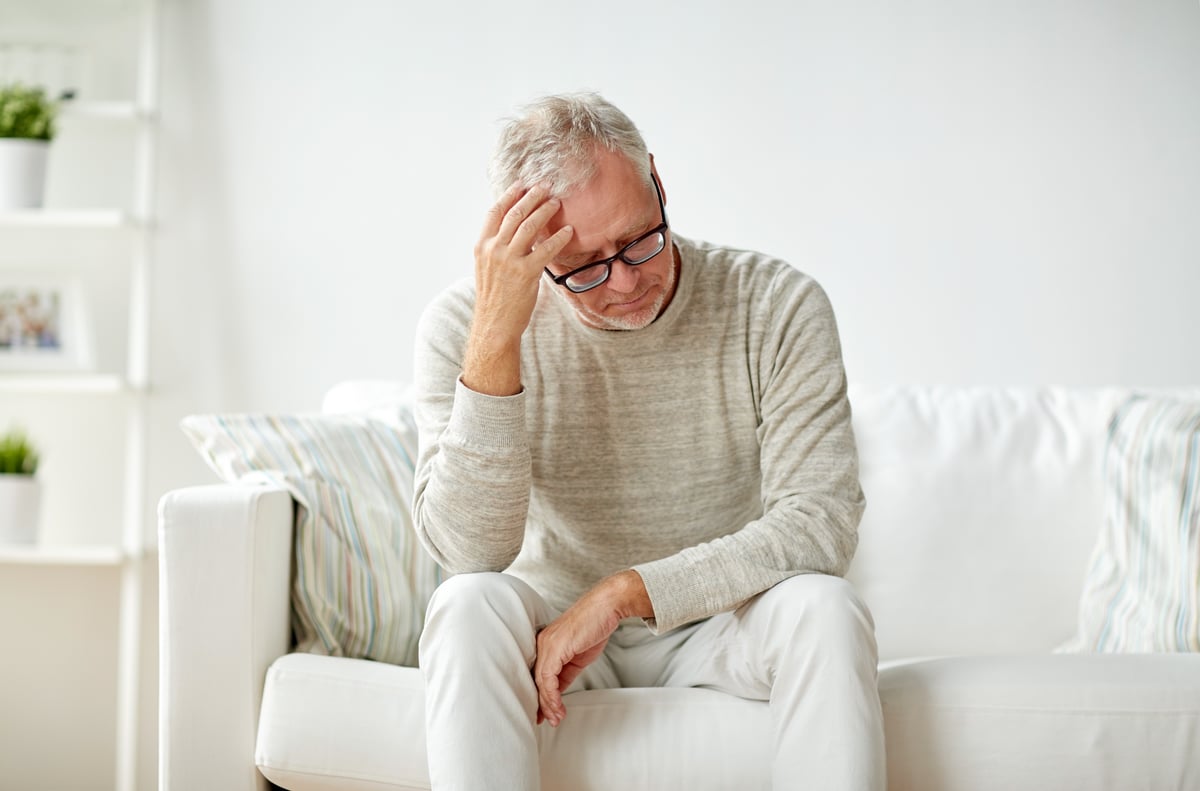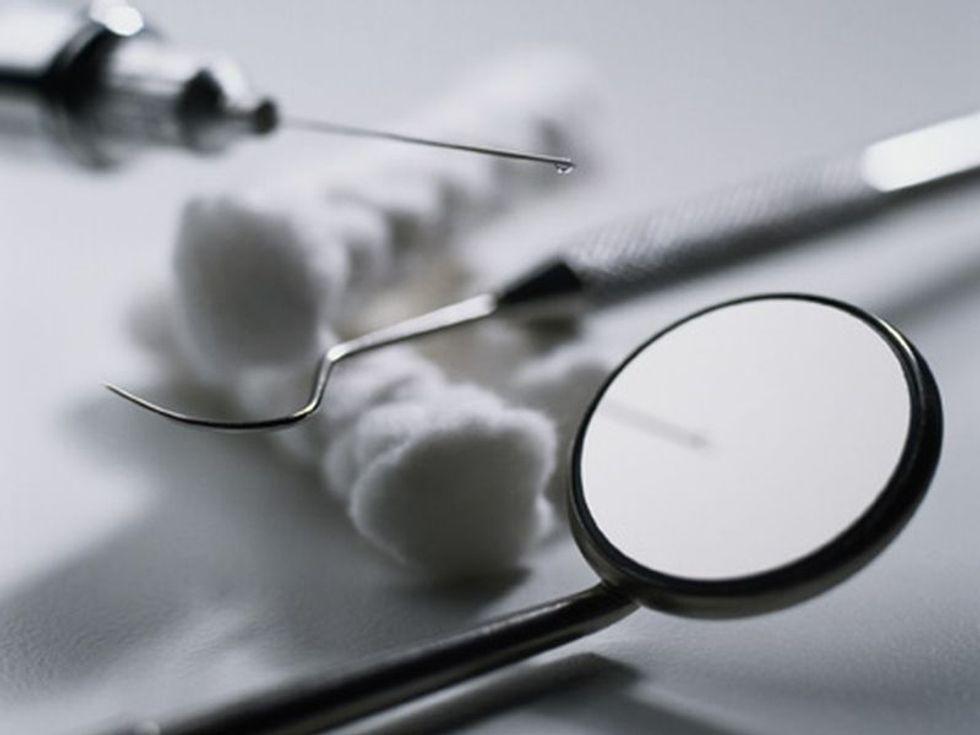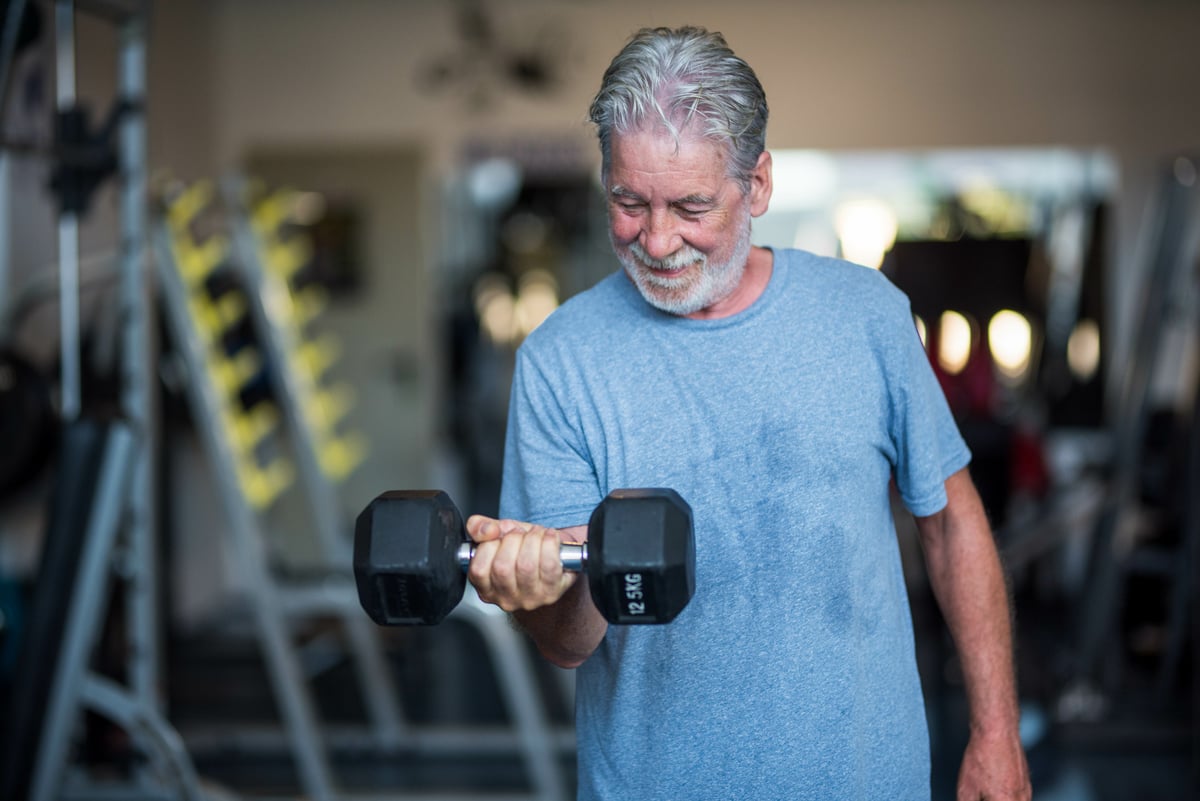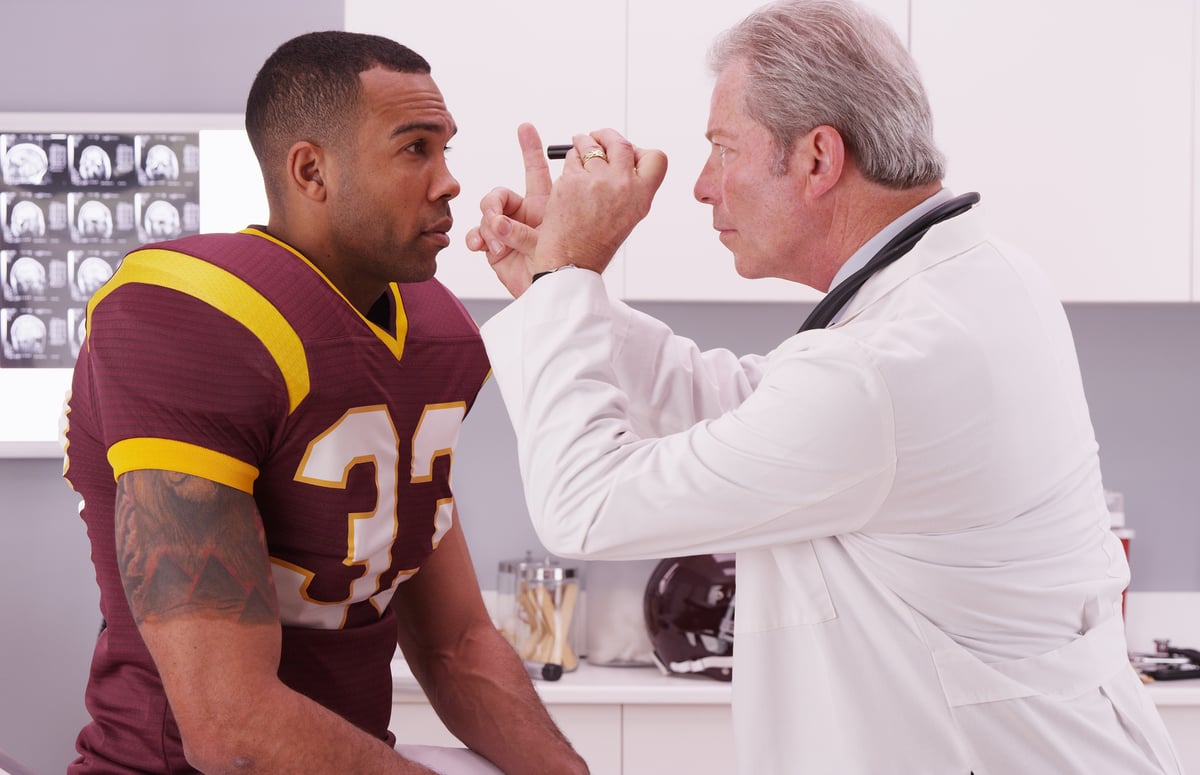
After helping America through one of its worst tragedies, some responders to the events of 9/11 may now face another foe: Heightened risks for dementia. A new study looks at the health of thousands of firemen, construction workers and others who worked at the World Trade Center (WTC) site for almost a year after the… read on > read on >






























